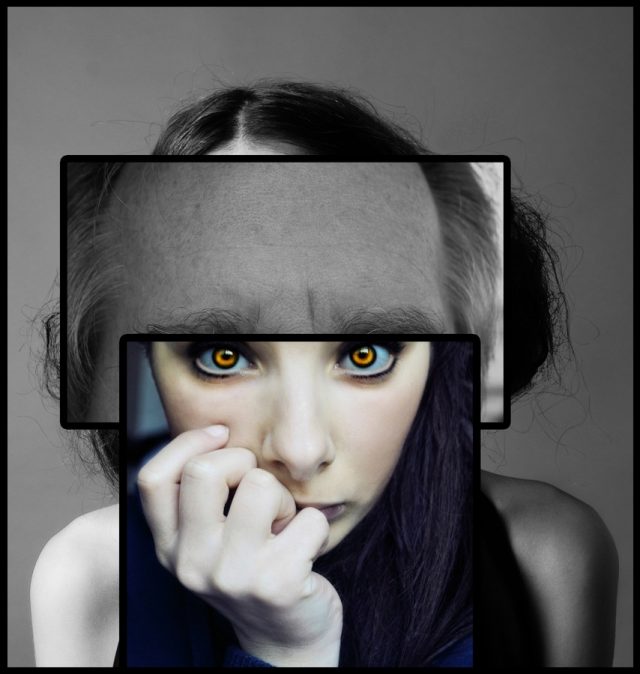

Addiction can be both psychological and physical. Treating the physical aspect alone won’t address the psychological triggers that compel an individual to keep abusing substances. Addiction needs personalized treatments that address the symptoms, triggers, and consequences that drug abuse has on different areas of an individual’s life. That’s why many treatment facilities use various types of therapy as part of a holistic approach to tackle addiction and its related issues to reduce the risk of relapse.
Treatment for mental health and substance use disorders has come a long way. Numerous studies and clinical trials have shown the effectiveness of different therapy techniques in addressing a range of issues, including stress, depression, schizophrenia, substance abuse, and so on. As an example, behavioral therapy is known to enhance the physical and psychological well-being and prevent relapse of substance use, mental illness, or both in dual diagnosis patients.

Many who need addiction treatment, also need therapy to address mental health concerns that may have contributed to their substance use disorder.
Kicking the addiction habit is a lifelong process that needs consistent application of coping mechanisms. Addiction relapse rates, according to NIDA, are similar to those of chronic illnesses like heart disease, diabetes and asthma. So, the risk of relapse, irrespective of how long one has been clean, is high. This is why the importance of therapy in treating addiction can never be overemphasized.
Addiction is a huge problem today. In 2014, about 20.2 million adults aged 18 and over had substance use disorder in the past year. Of these adults, 6.2 million had illicit drug use disorder, while 16.3 million had alcohol use disorder. What starts as a fun activity can escalate into a full-blown addiction problem.
Addiction changes the way human brain works. It alters the reward center to the extent where one craves for the substance, losses control, and ends up using despite the adverse consequences. As we mentioned earlier, addiction is complex and involves more than the physical aspect. Treating physical manifestations and ignoring the emotional part is not enough.
Even after detoxification, one is still at high risk for relapse. Sudden life stress, environmental cues, social networks, among other factors, can contribute to relapse. Therapy helps one escape the cravings and learn to handle whatever it is that life throws their way without turning to drugs.
Therapy plays a vital role in a successful addiction recovery plan. Many alcohol or drug addiction programs understand this and include different types of therapy into their patient’s treatment plans. There are various forms of therapy, but according to the Principles of Drug Addiction Treatment by the National Institute on Drug Abuse, behavioral therapies are the most effective in treating addiction.

Talking through your problems with a licensed addiction treatment counselor can help address mental health issues associated with your drug use.
Therapy is a linchpin of addiction treatment for many people. Family Counseling, Cognitive Behavioral Therapy, Contingency Management, and other forms of therapy can help a patient manage drug cravings and avoid relapse. It can also address mental health disorders that often contribute to substance use.
In one post, a TIME writer who almost lost his son to addiction said he sees hope in evidence-based treatments (EBTs) and treatment programs that emphasize research-based therapies like Motivational Interviewing and Cognitive Behavioral Therapy in addition to medication.
The National Institute on Drug Abuse indicates that behavioral approaches help individuals in substance abuse treatment in vast ways. It engages them and offers incentives for them to maintain sobriety. It also modifies their behaviors and attitudes towards drug use and increases their life skills to tackle environmental cues and stressful situations that may trigger intense cravings for use.
With that in mind, let’s look at why therapy is essential in treating addiction:
One of the main reasons people don’t treat addiction is because they are skeptical about quitting. Some of them are in denial, while others feel fear or shame, and so on. Therapies, like motivational interviewing, help such people resolve insecurities and ambivalent feelings to find internal motivation they need to change their addictive behavior. This therapy allows one to recognize the impact of drug use in their lives and that of their loved ones, and nudge them to take a step toward recovery.

Just talking through your problems with an addiction treatment professional can really help you start off on the right foot.
Many individuals who are dependent on drugs or alcohol feel as though they’re deep into it and cannot stop. Cognitive Behavioral Therapy (CBT) can come in handy in such cases, as it modifies the behaviors and attitudes behind people’s difficulties, and change the way they feel. CBT helps individuals to understand why they crave substance and arms them with tools to cope with the cravings and feelings. It’s effective in addressing vast issues, including mental illnesses and substance use disorders.
Patients experience many mixed emotions during detox. Talk therapy during detox helps them to change unhealthy responses and live life positively. Counseling supports patients during their journey from addiction to developing a healthy and productive life.
Addiction is a family disease. In most cases, the drug-dependent individual strains relationships because of their habits. But again, some people abuse drugs because of underlying family problems. Family Behavior Therapy (FBT) treats substance use disorders along with coexisting issues like depression and family conflict. It also educates family members about addiction issues and how to help their loved one through their journey to sobriety.

Having a network of family and friends can help you achieve sobriety. Peer support is crucial to maintaining your recovery.
Group therapies, like Alcoholics Anonymous or Narcotics Anonymous, are effective for drug and alcohol addiction. Being in a group setting allows individuals to get support from peers. It also is an excellent opportunity for one to see their problems in a new light and try out new ways of thinking in a safe environment without fear of judgment. Group therapies are not meant to be a substitute for professional help – but a complementary therapy.
Addiction is a complex disease. It is physical and psychological and may worsen depending on one’s emotional state, mental health, environment, and other aspects. Holistic approaches that include a simultaneous focus on mind and body for complete healing take care of the patient’s physical and psychological needs. So, in addition to detox, medical advice, and other forms of interventions, patients need therapy, meditation, massage, acupuncture, etc., to through to achieve life-long sobriety.